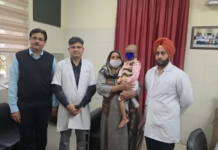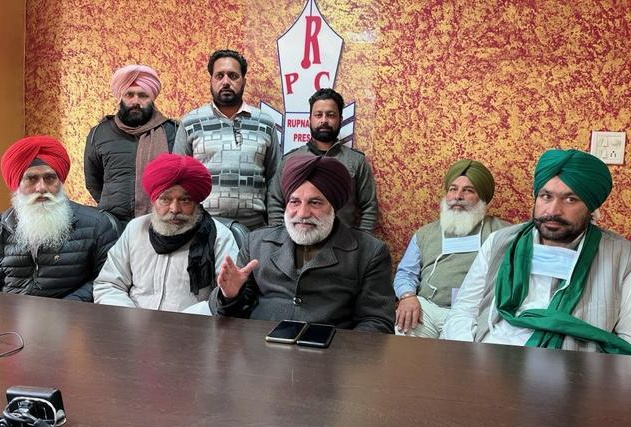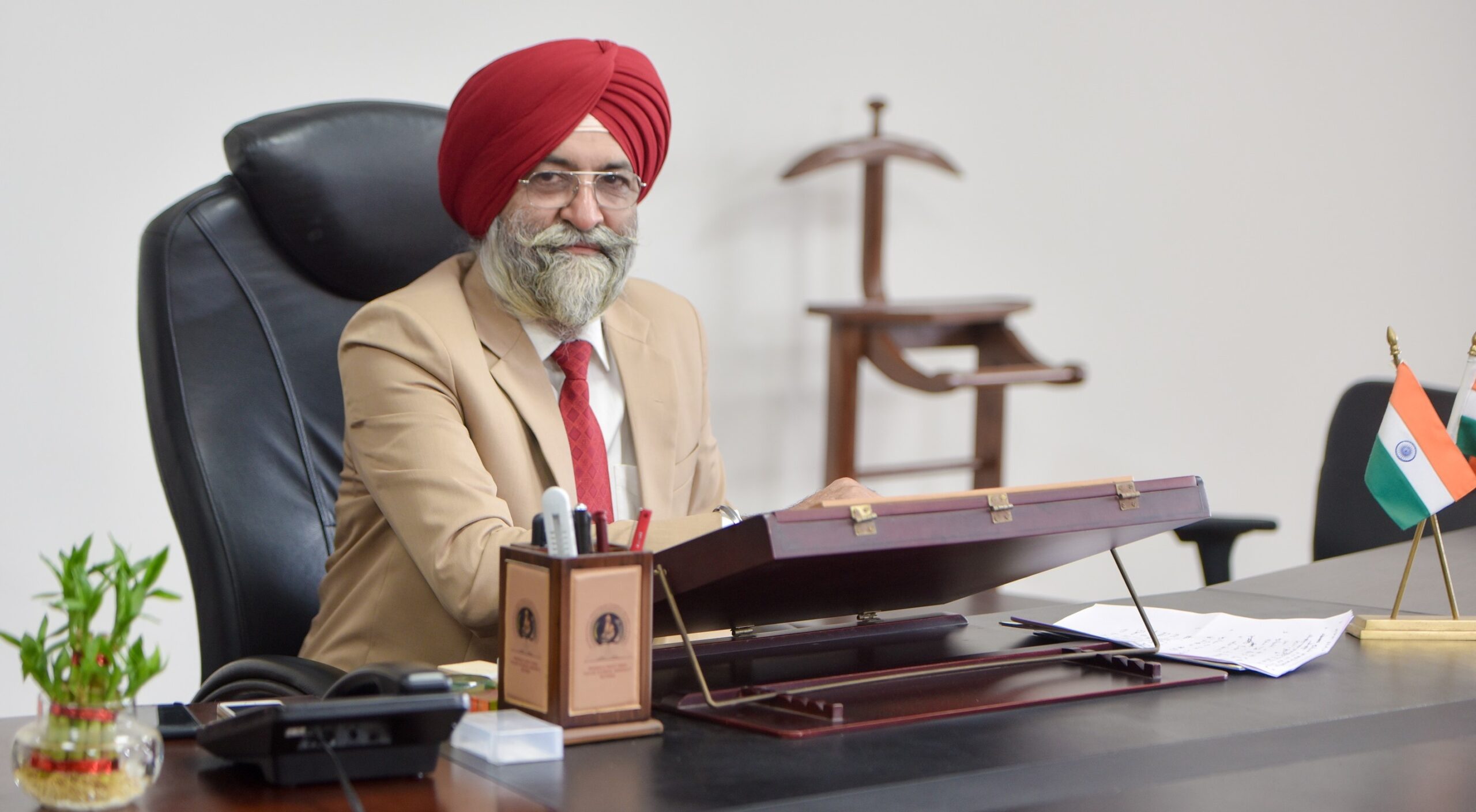Metabolic Surgery: long-term solution for weight loss and diabetes under insurance: Dr Sahil Arora
Kanwar Inder Singh/ royalpatiala.in
According to Dr Sahil Arora, obesity should not be taken lightly. He says, “Obesity is a complex disease that can impact the individual’s physical, mental, and socio-economic well-being. The World Health Organization has termed the increased prevalence of obesity and diabetes a ‘21st century epidemic’. The twin epidemics of obesity and type 2 diabetes are on the rise. Obesity is the most frequently encountered metabolic disease worldwide. Moreover, its incidence and prevalence are rising rapidly.”
He adds, “More than half of the world’s population is overweight. Being overweight constitutes a health risk associated with several comorbidities, including type 2 diabetes mellitus (T2DM), cardiovascular diseases, hypertension, dyslipidemia, hyperuricemia, respiratory diseases, osteoarthritis, and depression. The vertiginous rise in obesity triggers a parallel upward swing in diabetes mellitus statistics. A strong relationship between obesity and the onset of diabetes has been reported in several studies. The risk of diabetes increases exponentially as BMI increases above about 25 kg/m. In an extensive cross-sectional survey in middle-aged Indians, a BMI>23 was associated with an increased risk for type 2 diabetes.”
It has been over ten years since the resolution of type 2 diabetes was observed as an outcome of surgical treatment of morbid obesity. Moreover, it has been shown unequivocally that diabetes-related morbidity and mortality have declined significantly postoperatively and this improvement in diabetes control is long-lasting.
Dr Sahil Arora further adds, “The most common cause of rising incidence of obesity in Punjab is sedentary lifestyle and social habits that lead to frequent dining in restaurants. There is an increasing tendency to eat junk food or overeat at buffets. Usually, these large meals are accompanied by high alcohol consumption. Obesity is a multi-factorial disease and can run in families due to genetic factors.”
Dr Sahil Arora has also pointed out that obesity has been an independent risk factor for severe Covid-19 infection, even if the patient does not have any other disease. Numerous studies have demonstrated that the association between obesity and poor composite outcomes in COVID-19 was stronger in younger people, so they need more early care. Covid-19 has been especially leading to complications in patients who are having Body Mass Index (BMI) of more than 30. Recent evidence confirms that obesity weakens the immune system and, therefore, makes the host vulnerable to infectious diseases. Indeed, obesity has emerged as a strong risk factor for severe disease in the currently prevailing COVID-19.
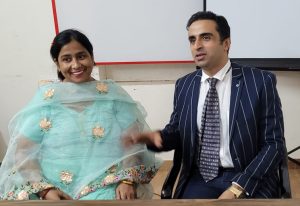
Insurance
Obesity is a disease that needs treatment by obesity specialists. The government is also taking it seriously and taking decisive steps to halt its increasing incidence.
To help ensure that severe obesity is treated with proven methods, insurance coverage of obesity treatment is a key policy step. Dr Sahil Arora shares his experience where many patients avoid seeking obesity treatment due to financial concerns. Some even question whether they should spend money on a ‘cosmetic’ need. Obesity is a serious medical condition and covering its treatment with insurance would cement awareness and encourage many patients to seek appropriate medical treatment. He also goes on to say that insurance also now treats obesity treatment as per medical advice for morbidly obese. Though there is rampant misinformation about obesity treatment right/scientific therapy for the appropriate patient- Surgery is a viable option for 40+ BMI, and 35+ BMI with comorbidities. Insurance will cover medically advised treatment as per new IRDAI regulation. All policies will have to comply from October 2020 onwards.
The central government’s health scheme has been offering reimbursement to patients for bariatric surgery since November 2013. IRDA (Insurance Regulatory and Development Authority), the apex body governing the general insurance business in India, has, vide its circular, proposed that all insurance companies to cover bariatric surgery in all its retail and group health products. IRDA, in a statement, confirmed that all India’s state-owned and private insurers must cover weight loss surgery for first-time customers buying health insurance policies after October 1, 2019, and for all the existing customers from October 1, 2020.
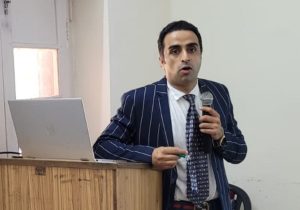
To cover bariatric surgery costs by your health insurer, all the following conditions must be satisfied:
- The surgery needs to be backed up by all medical and diagnostic testing
- Your treating physician must recommend surgery
- The insured person who undergoes surgery must be at least 18 years of age
- BMI should be > = 40
- BMI >= 35, suffering from obese-related comorbid conditions such as coronary heart disease, sleep apnea, uncontrollable type-2 diabetes, liver diseases etc.
Metabolic Surgery: long-term solution for weight loss and diabetes under insurance: Dr Sahil Arora. According to Dr Sahil Arora, the delivery of food to a distant part in the intestine generates higher hormonal response to carbs and sugar, thus, resulting in much better control of diabetes. Metabolic surgery also controls cholesterol apart from making diabetes better.
NOTE-
Dr Sahil Arora is MS (Gen. Surgery) and can be contacted at [email protected] OR [email protected]. His contact number is 7307772257
August 24,2022




